You will be equipped with the following tools:
-
Analyzing the Need for Organizational Change
Help leaders analyze their organization to identify necessary changes and pinpoint innovative solutions for present and future challenges.
-
Asking For Feedback
Help leaders utilize the Keep, Stop, Start approach to gather feedback, pinpoint actionable insights, and bolster their future leadership effectiveness.
-
Asking for Input
Help leaders seek advice from their employees for innovative solutions to decisions, issues, or challenges they encounter.
-
Best Possible Leader Self
Help leaders envision their optimal selves within their leadership roles, identify defining elements, and develop plans to align with this vision.
-
Choosing Quantum Leaps Over Incrementalism
Help leaders embrace the value of taking transformative leaps towards daring goals, moving beyond the confines of incremental progress.
-
Hiring Drivers Instead of Passengers
Help leaders recognize the value of "Drivers" to foster a proactive, ambitious team that views challenges as opportunities.
-
Leader of the Year
Help leaders reflect on their values through imagined 'Leader of the Year' testimonials, enabling them to assess and enhance value alignment in their actions at work.
-
Leaders You Admire
Help leaders reflect on their leadership behaviors, compare with role models, and identify disparities to enhance their leadership.
-
Leadership Styles Wheel
By utilizing the Leadership Styles Wheel, help leaders grasp the six leadership styles, visualize their personal application, and adapt their approach accordingly.
-
Magic Word Feedback
Help leaders use the word 'but' to convey feedback that motivates, promotes growth, and strengthens relationships while highlighting positives and addressing negatives.
-
Motivational Analysis
Help leaders understand and assess their motivational styles to devise more effective team strategies in the future.
-
Needs Satisfaction Through Leadership
Help leaders assess their leadership style's alignment with employees' needs for autonomy, relatedness, and competence, and guide them in enhancing areas for better workplace satisfaction.
-
Positive Organizational Cultural Artifact
Help leaders identify and reflect on cultural artifacts to reinforce their desired organizational culture.
-
Running Your Company in a Mission-Driven Way
Help leaders craft and convey a compelling mission statement that embodies their company's purpose, values, and vision to foster growth and team engagement.
-
The Skill-Will Matrix
Help leaders use the Skill-Will Matrix to assess team members' competency and motivation, enhancing engagement and performance.
-
Your Company is a Product
Help leaders enhance their company by treating it as a product, using product development principles to identify and implement improvement strategies.
-
Your Winning Vision
Help leaders craft and convey a meaningful vision using the W-I-N (Wonder, Inspire, Navigate) approach, enabling them to implement actionable strategies with their team.
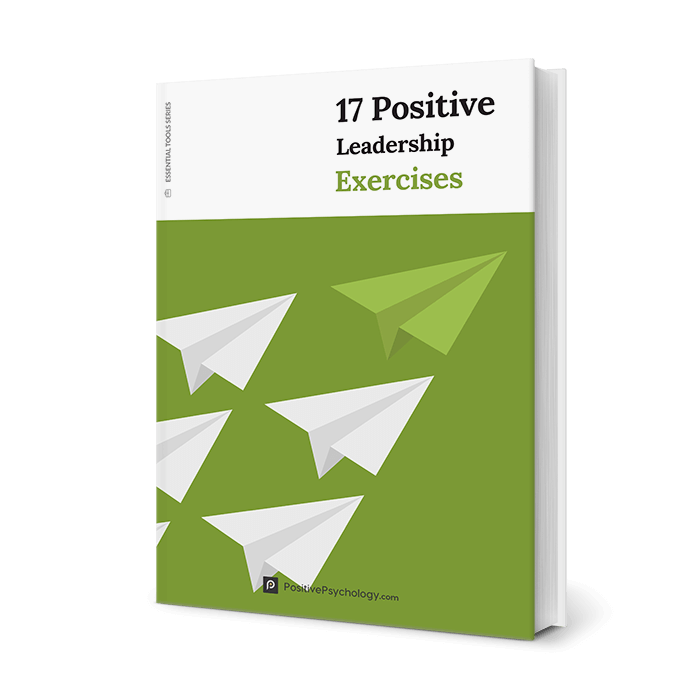
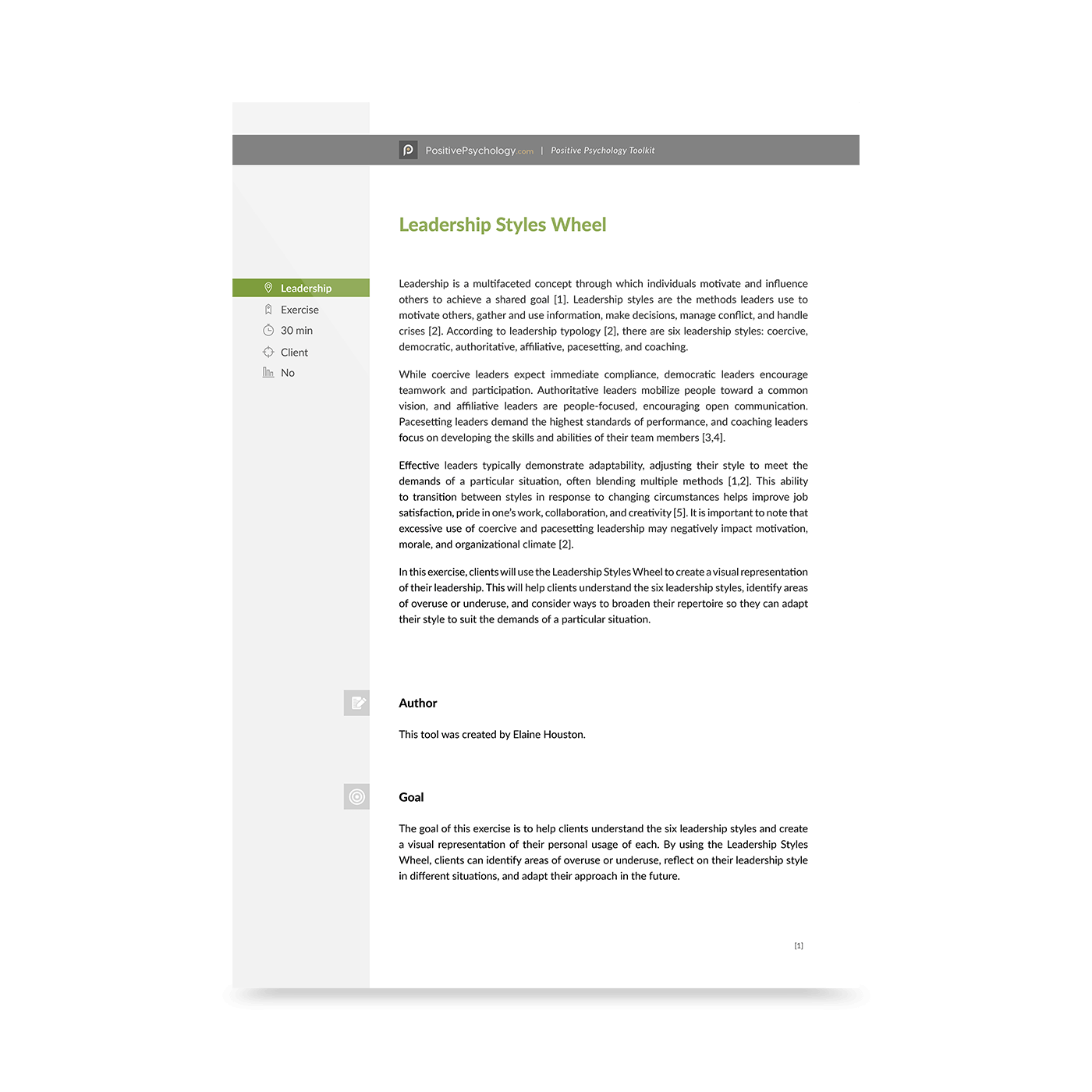
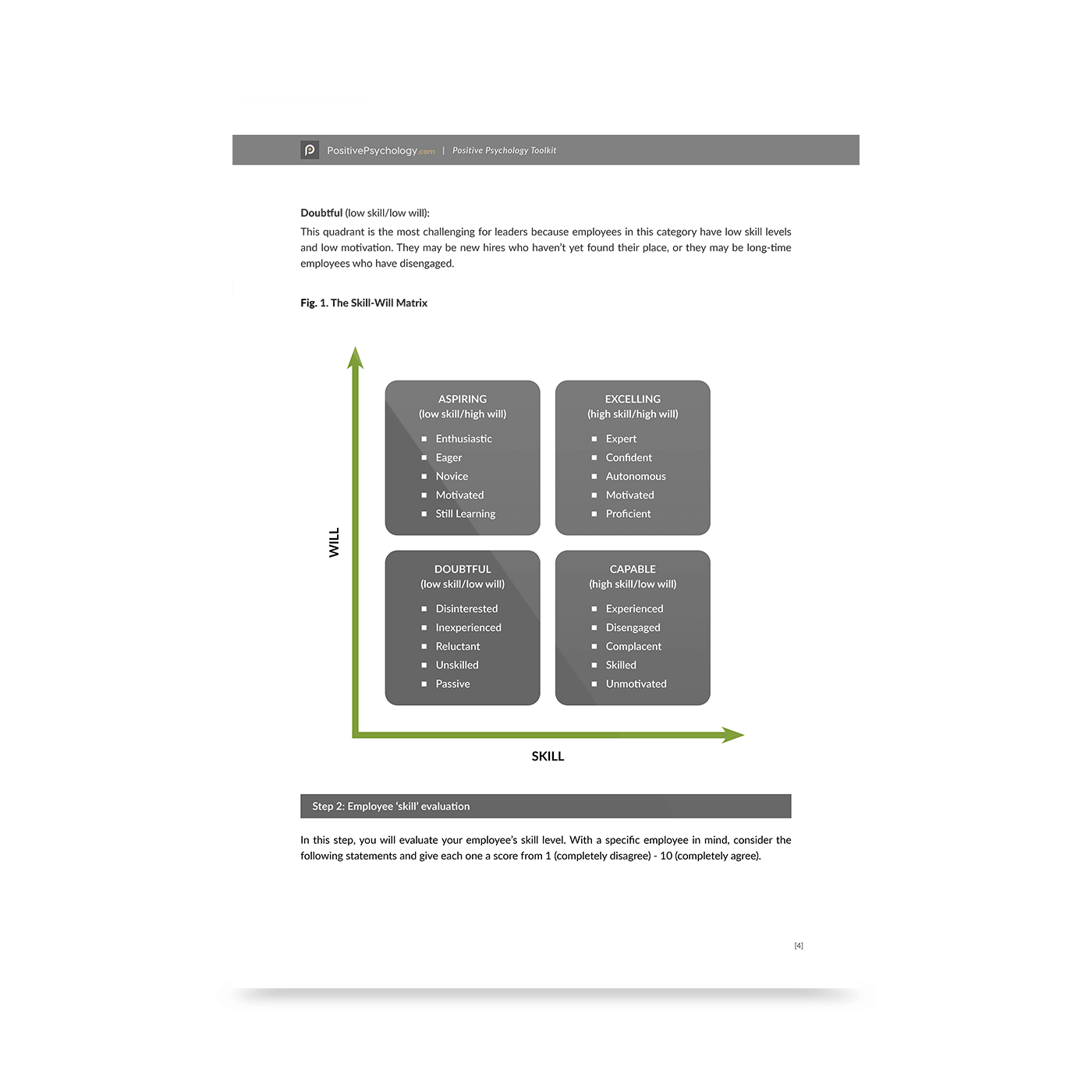
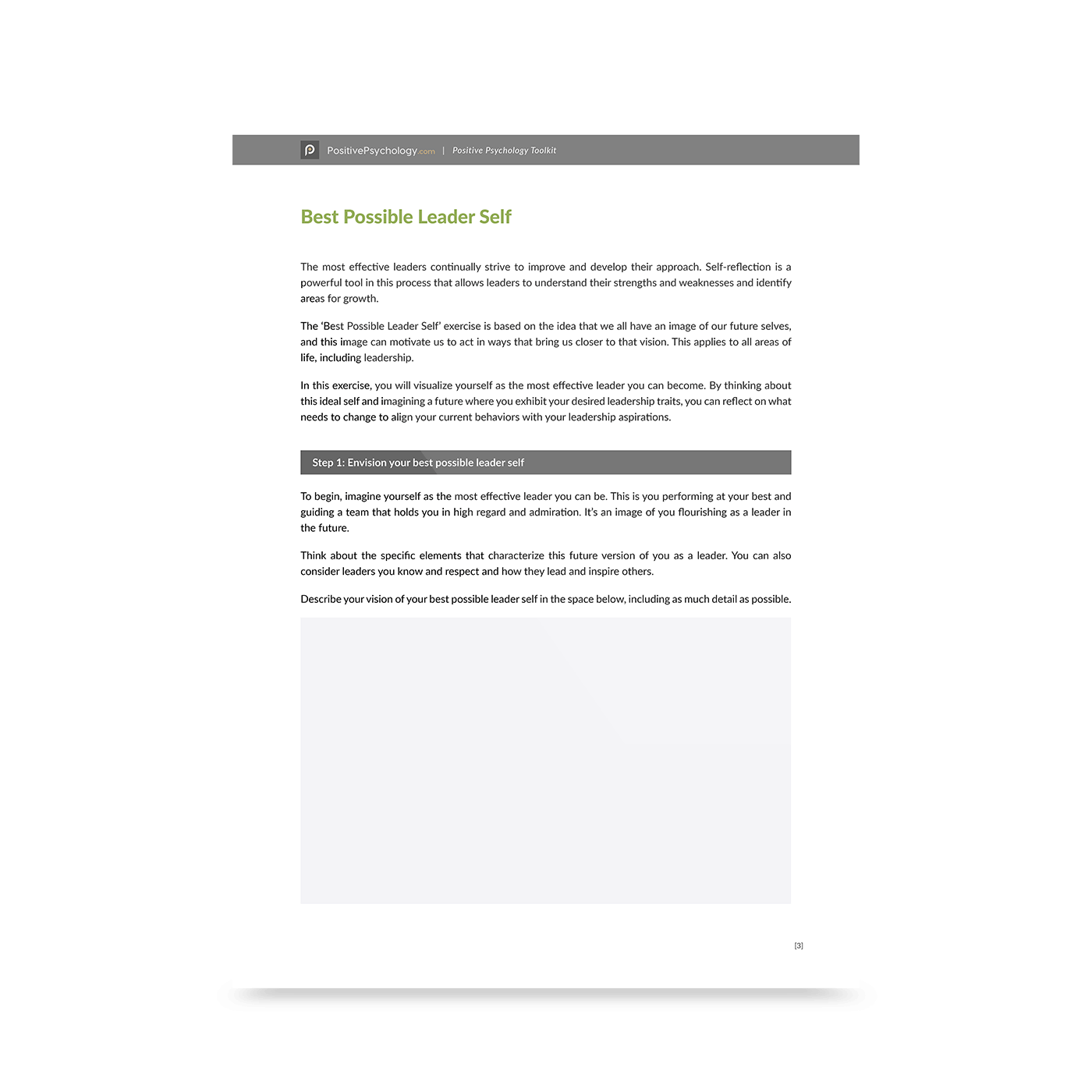
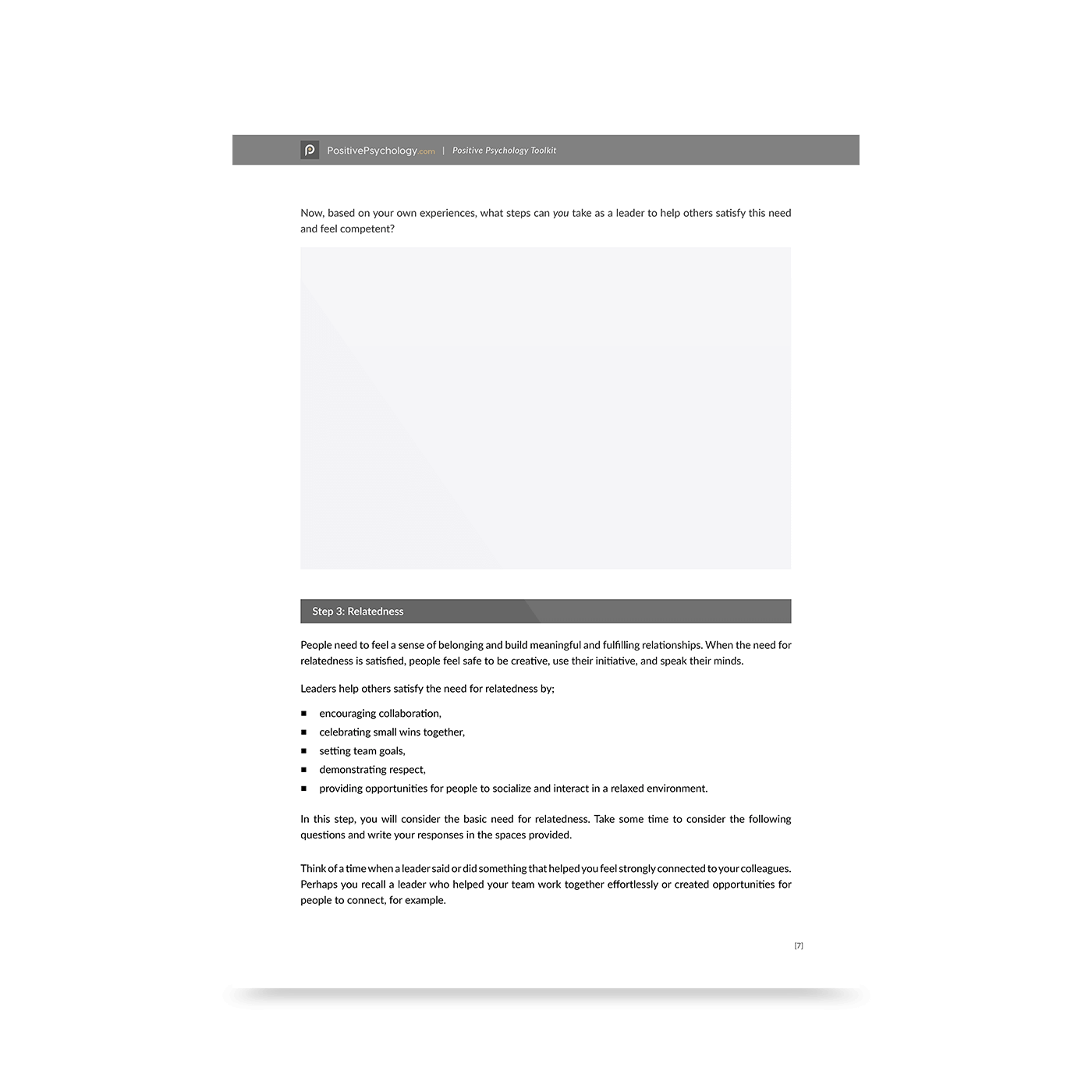
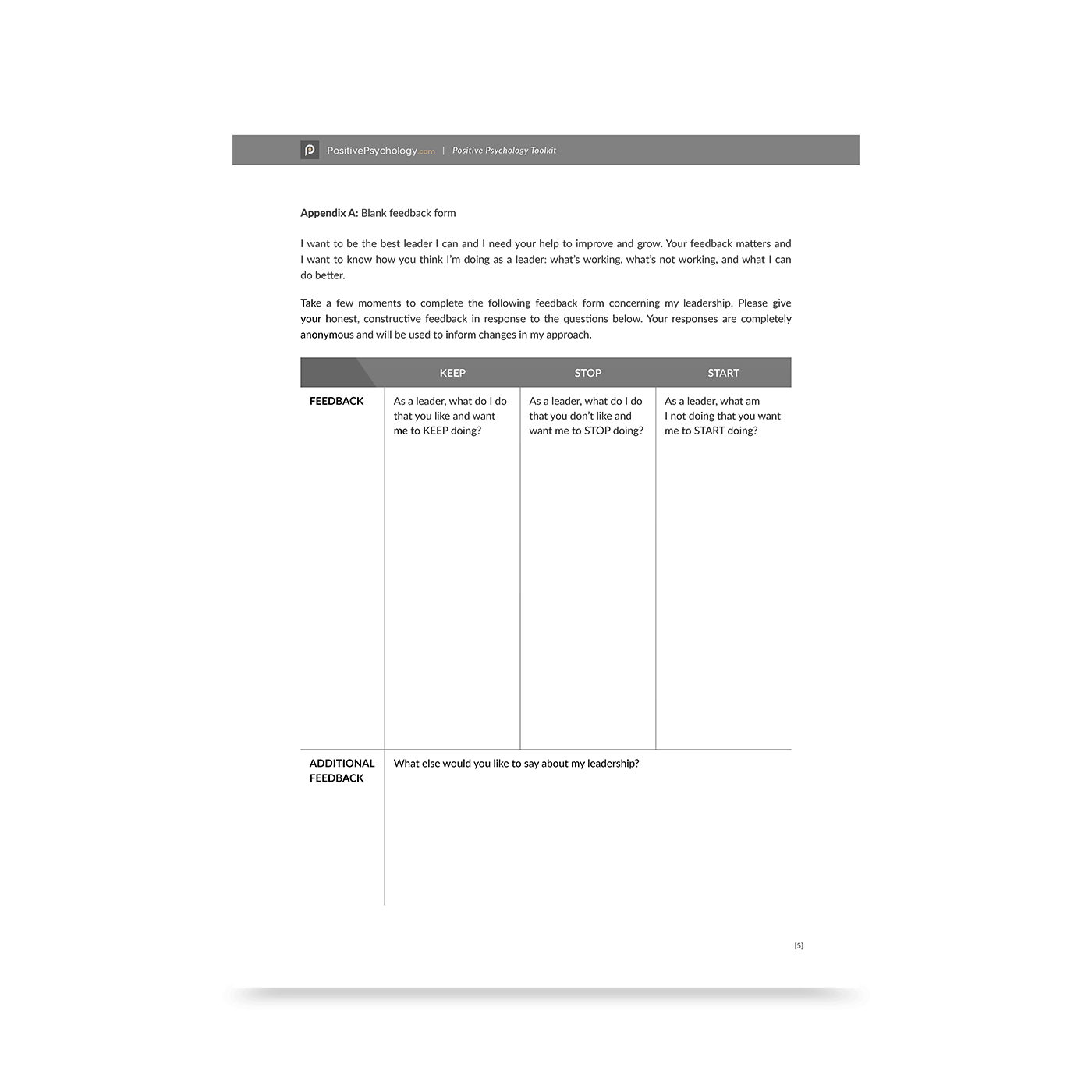



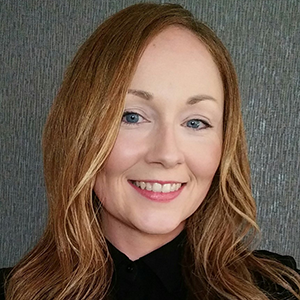
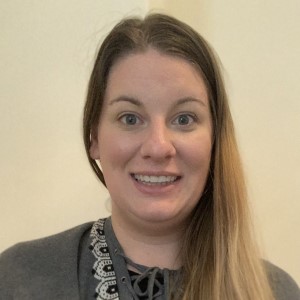








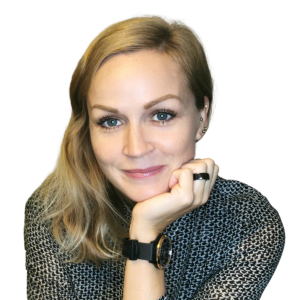




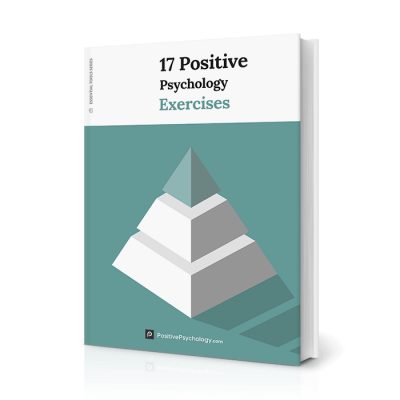
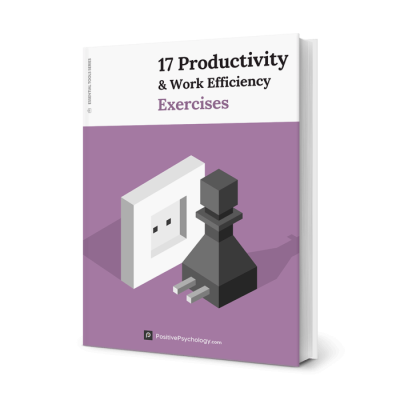
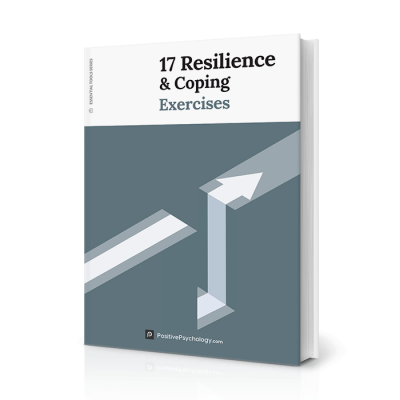

Chantal Snodgrass –
The exercises and templates for Organizational Change were brilliant, as they can easily dissect complex issues and simplify solutions. I also loved reading about the strengths and weaknesses associated with each leadership style. I love the nuance created within each style and recommendations for growth.
Sanna Välttilä-Wit, MSc –
I found the resources and exercises in the Positive Leadership package to be very extended, catering to the different aspects of leadership. There are exercises to help leaders to develop themselves and their vision but also to help leaders to motivate and develop their teams. I also liked that all of the exercises are evidence-based, with references provided for further reading.
Julia Karhu –
Best possible leader self is an amazing tool to start the development training for the leader, since it gives an optimistic view of possibilities. All tools are helpful since it all comes down to one main thing, reflection – which essential for a leader to develop into a better leadership. Great tools!
Janette De Vorre., PCC –
I’ve used the resources included in the 17 Positive Leadership Exercises tool kit and find them to provide simple, yet powerful support for Leaders who are committed to meaningful, connected leadership. I love the clarity and thoughtfulness, and the fresh, minimalist design of the worksheets. Executive and Leadership Coaches will appreciate that these resources really get to the heart of what’s important for leaders to be aware of. Make them part of your toolkit!
Fatima Hussain, MSc. Psych –
I think this set of tools is incredibly useful, especially in today’s L&D climate. While many tools already out in the industry focus on the development of people across the organization, very few focus on the development of leadership skills. As a researcher in the space of leadership development, I can attest to the strong need for tools such as the ones you have created in this set. I especially found useful the tools that focus on the leader receiving feedback from their team and being inclusive of teams’ thoughts and opinions in decisions being made. It is evident that a lot of research and thought has gone into creating this set of tools and I commend your team for their efforts.
Sue Milne –
The exercises cover the leadership skills that are key for managers who want to develop themselves to feel more confident in their abilities to lead themselves and their teams. They will allow you to communicate and connect with your teams while having a deeper self-awareness of yourself.